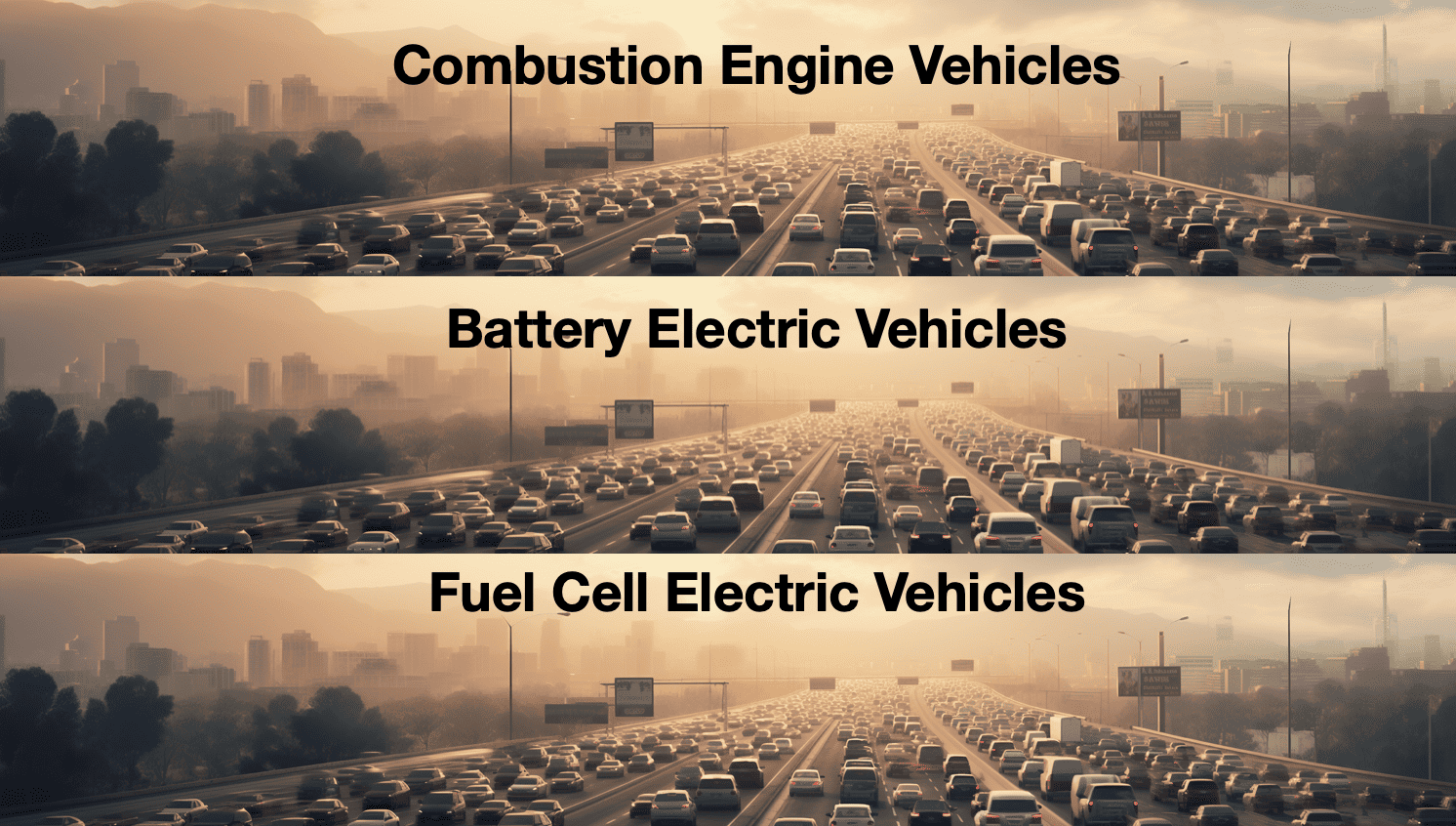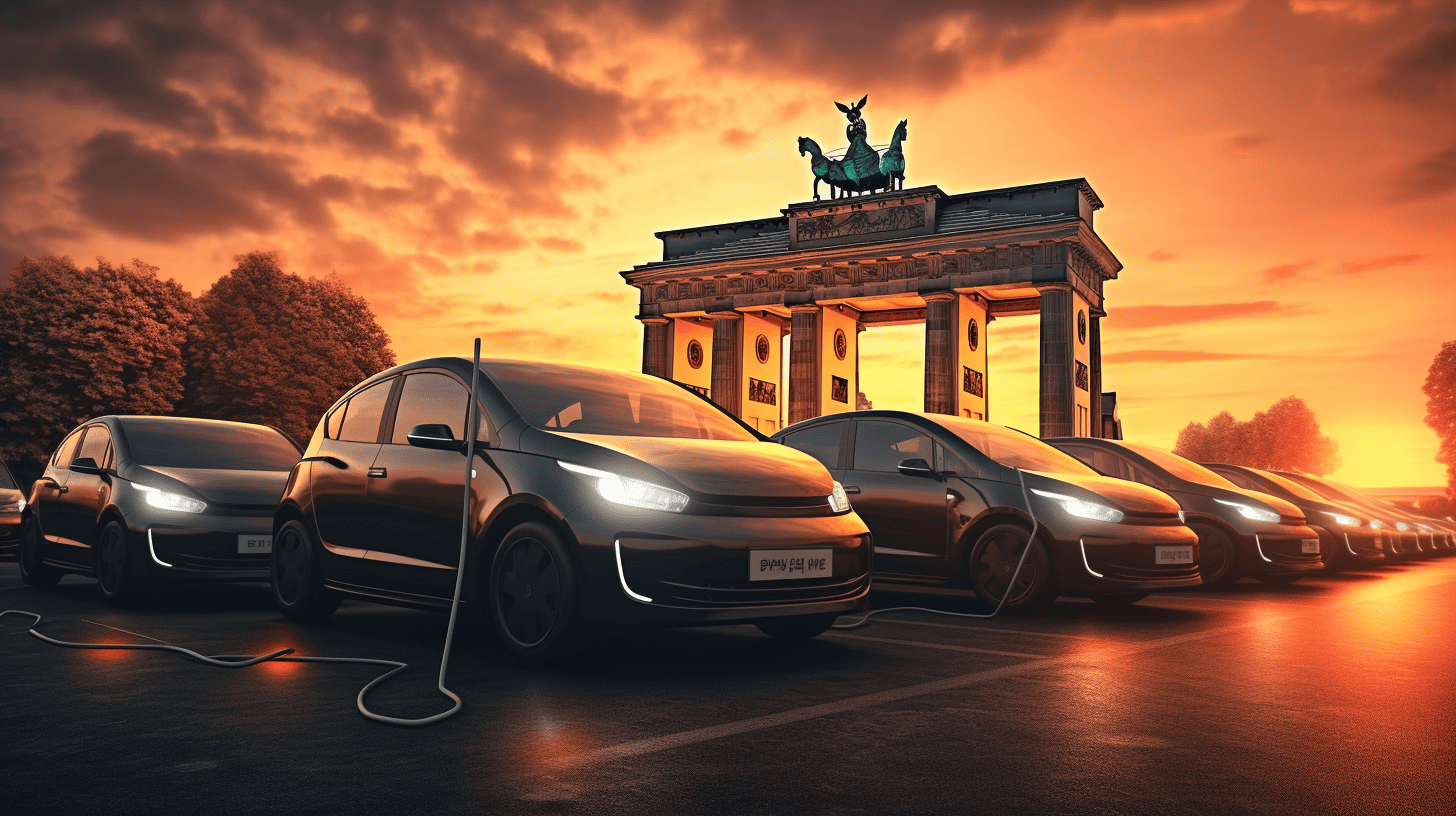
ASML is growing at an extraordinary rate. The company is transcending all Brabant proportions. “This magnitude of growth forces us to think about how we can do our part for society on a whole different scale. ASML feels responsible,” says CEO Peter Wennink.
By far the most important company in the Netherlands, ASML recently announced it was going to put significantly more money into the liveability of the region as a way to manage growth and ensure that everyone can continue to be a part of society.
While an encouraging step, it is still not enough. Aside from large-scale investments to foster liveability – where, of course, everyone should make a fair contribution – direction is sorely needed. This must be rooted in a long-term vision of a sustainable integration of ASML within the region. We need competence and vision. On the one hand, with people who understand and are able to explain the new and, on the other, let air out of overblown projects. Choices must be made. Leadership is leadership.

Housing shortage
ASML is increasingly taking on the hallmarks of the Philips Concern of hundred years ago. At that time in Eindhoven, there was also a housing shortage exacerbated by economic growth. This led, against their will and out of a well-understood self-interest, to businesses collectively providing facilities in the areas of housing, care, education, sports and culture. Areas that effectively belonged to the public domain. “As a whole, it took on the character of a community. Alien to the old Eindhoven yet completely incorporated into it. A fascinating interplay of contradictions.”
Building on this extraordinary biotope with its wealth of arts and culture, diversity and dynamism offers the greatest opportunity for development, progress, career, sense of purpose and happiness, even if you are poor.
Inclusive growth
Inclusive growth calls for people at all levels, from here and elsewhere, who feel at home here. Indispensable internationals who want to settle long term and build ties to the region. And locals who brew the local beers.
In a world where people often feel disconnected and isolated, the pace of change is overwhelming. The buildings and landscape around us play a crucial role in our daily experiences. The living environment is as important to everyone as it is unavoidable. You cannot circumvent it, nor has it come about through a referendum. But, at the same time, everyone – it seems – has an opinion on this.
A sense of connection
I would like to instill in those who are in positions of responsibility that living and thriving in humane spaces is by no means an unreasonable demand. Also, that the best way to respond to the ever-accelerating changes in the modern world is to create an environment rich in meaning and context. Elegant and in harmony with the landscape. With public space as the hub for social interaction and connectivity. Whereby everyone feels part of something bigger than themselves.
In today’s interconnected world, it is more important than ever to work together to achieve this. We must strive for mutual understanding in a world that is at times bleak and grey, and spread joy.








